Market Overview
Stated hearing loss prevalence
– Total: 10.9%, 18+: 12.9% (2016: 10.3%, 18+: 12.1%).
– Hearing Tests: 33% (2016: 38%) had a hearing test in the last 5 years, most tests done by ENTs.
Hearing aid adoption rate (HA penetration)
– 55.4% of those with self declared HL (2016: 53.0%).
– 6.0% of total population (2016: 5.5%).
– 76% of HA owners have binaural treatment (2016: 77%).
The route to the hearing aid
– 70% of those living with hearing loss discussed hearing loss with an ENT doctor or family doctor. (2016: 68%)
– 56% got positive medical advice from the ENT or family doctor (drop out rate=20% / 2016: 18%).
– 61% of the GP consultations referred to an ENT, 7% recommended no action (2016: 9%).
– 33% of ENT consultations referred to an audiologist, 53% recommended to get a hearing aid, 20% recommended no action (2016: 20%).
– A minority (13%) would be inclined to get a solution without professional support. Self adjustment is the most often mentioned reason for such a
solution, followed by being fast and low cost.
Potential social cost–savings due to the use of hearing aids
– Hearing aids are believed to have a positive impact on the job.
– Hearing aid owners have a lower risk of being depressed.
– Quality of sleep seems to improve if those experiencing hearing loss use hearing aids.
About the survey
The EHIMA’s EuroTrak Denmark 2022 survey was carried out in cooperation with the Swiss analysis firm Anovum. More than 14,000 people participated in the survey.
Source: www.ehima.com

